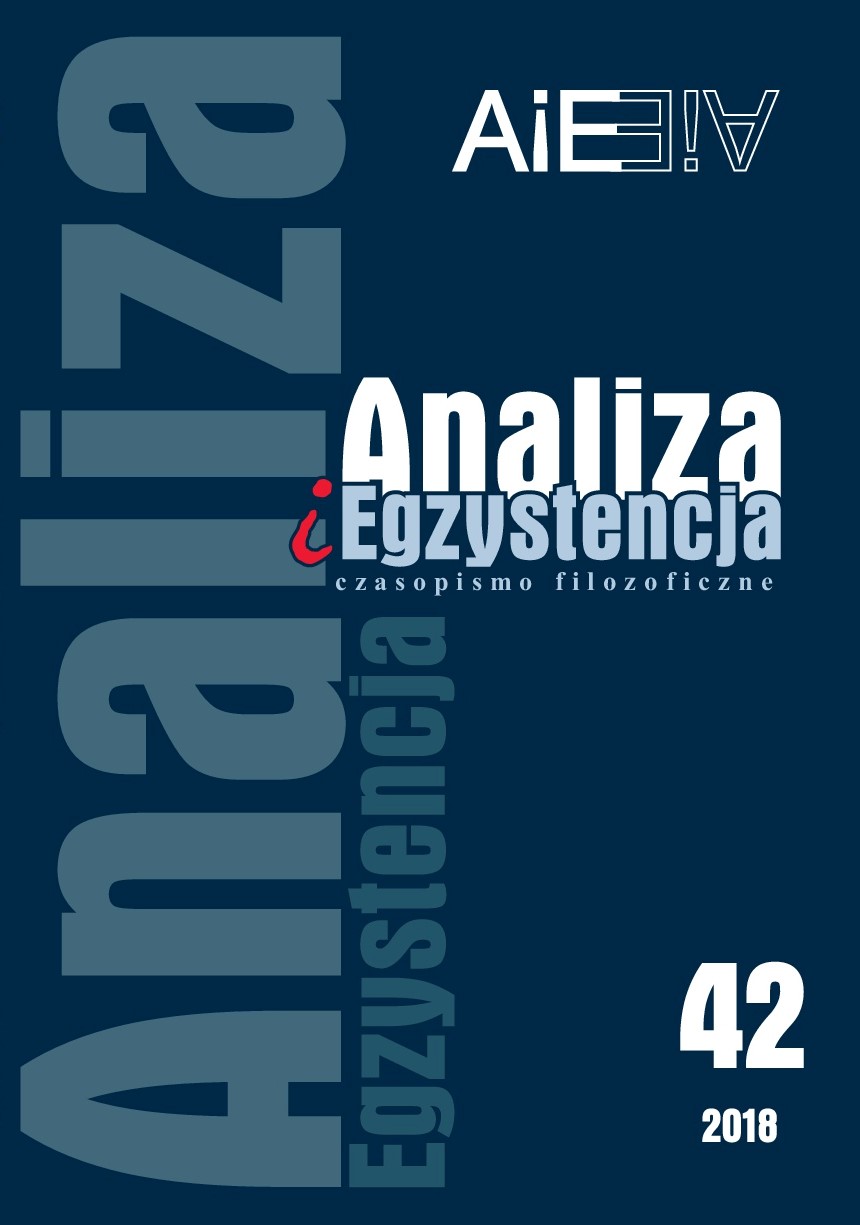Withholding and Withdrawing Life-Saving Treatment: Ordinary/Extraordinary Means, Autonomy & Futility
Withholding and Withdrawing Life-Saving Treatment: Ordinary/Extraordinary Means, Autonomy & Futility
Author(s): Alan J. Kearns, Bert GordijnSubject(s): History of Philosophy, Philosophical Traditions, Special Branches of Philosophy
Published by: Wydawnictwo Naukowe Uniwersytetu Szczecińskiego
Keywords: balancing; extraordinary means; futility; lexical ranking; ordinary means; patient autonomy; prima facie; withholding and withdrawing treatment
Summary/Abstract: This paper sketches three principles in thinking about withholding and withdrawing lifesaving treatments from an ethical perspective: 1) the principle of ordinary and extraordinary means, 2) the principle of respect for patient autonomy and 3) the principle of futility. These principles can be employed to provide normative direction on where the obligation might lie when deciding to use or forego treatment. However, each principle sets forth different obligations. Hence conflicts can arise, and the question of which principle should take precedence becomes pressing. After outlining well-established approaches to deciding between ethical principles, Veatch’s mixed strategy of balancing and lexical ordering is applied to the principles of ordinary and extraordinary means, respect for patient autonomy and futility. Although finding a resolution between conflicting principles is never easy, the position of this paper is that this mixed strategy of balancing and lexical ranking provides a useful approach to navigate and advance discussions regarding the ethical obligations regarding withholding and withdrawing lifesaving treatments.
Journal: Analiza i Egzystencja: czasopismo filozoficzne
- Issue Year: 2018
- Issue No: 42
- Page Range: 5-33
- Page Count: 29
- Language: English

